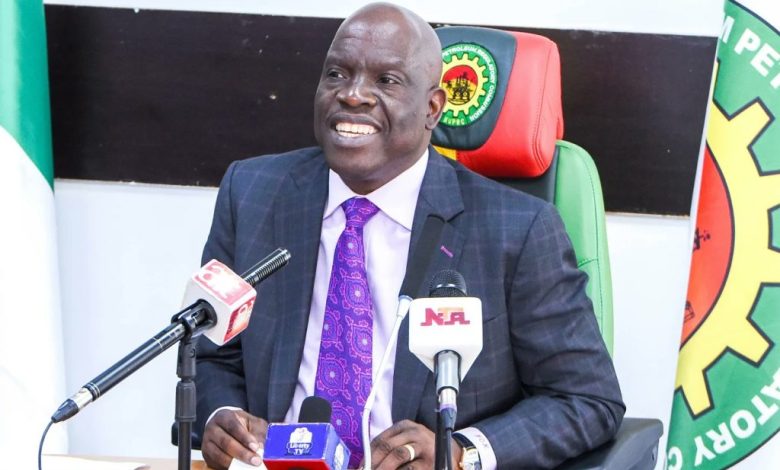
Stakeholders in Nigeria’s oil and gas industry have commended the Nigerian Upstream Petroleum Regulatory Commission (NUPRC) for driving transparency and reform in the implementation of the Petroleum Industry Act (PIA), describing the leadership of Gbenga Komolafe as a key pillar of President Bola Tinubu’s Renewed Hope agenda.
The commendation came during a one-day stakeholder forum held in Warri, Delta state, themed “Situation Room on Monitoring of PIA”.
The event was organised by the Centre for Social Justice, Equity and Transparency (CESJET) in partnership with Shafana Enterprises Limited.
Participants at the forum included policy experts, petroleum law scholars, traditional leaders, civil society groups, and students who gathered to assess the progress of the PIA and discuss ways to strengthen regulatory oversight and community engagement.
Delivering the keynote address, Henry Efemona Idudje, a lecturer at the Federal University of Petroleum Resources, Effurun, described the NUPRC as a “stabilizing force” in the petroleum sector.
Idudje said: “Under Komolafe, the Commission has taken visible steps to end the era of opaque regulation in the upstream sector.
“From transparent licensing rounds to clearer fiscal disclosures, we are seeing real improvements in how the sector is managed.”
He added thaty full implementation of the PIA could unlock long-term investments and reduce tensions in oil-producing regions if transparency is maintained.
Also speaking, Arisabor Lucky, a petroleum law expert, said the Commission’s commitment to due process and accountability has strengthened the legal framework of the PIA.
“The law is only as effective as its enforcers. What we’ve seen from the NUPRC so far, particularly with respect to host community provisions and reporting obligations, is commendable,” he said.
A representative of the Nigeria Maritime University, Delta state, praised the Commission’s openness to civil society participation.
“NUPRC’s openness to civic engagement and data sharing is a major departure from the past. We urge the Commission to maintain that transparency,” he said.
Mallam Nasir Abdulquadri, project manager at Shafana Enterprises, said the purpose of the forum was to evaluate institutional performance under the PIA.
He said NUPRC is playing a vital role in anchoring the Tinubu administration’s reform agenda through systematic enforcement of compliance and community inclusion.
“The PIA is one of the most consequential legislative milestones in Nigeria’s oil and gas history. What we need now is consistency and openness. NUPRC, under Komolafe, is showing that commitment,” he stated.
He called for stronger monitoring, improved community feedback, and inter-agency collaboration to consolidate early gains.
Traditional leaders at the forum echoed this sentiment.
Chief Ekeme Otuedon, a monarch from Delta state, said NUPRC’s outreach to host communities has helped reduce tensions.
“We’ve seen more consultation, more visits, and better communication from the regulator. That makes a real difference,” he said.
Fejiro Oghenegivwe, a student representative from Delta State University, said the renewed focus on transparency inspires confidence among future professionals.
“As young engineers and scientists, we’re encouraged by how regulatory standards are being improved. It gives us hope that merit and accountability can thrive in this sector,” she noted.
Participants at the forum called for the institutionalization of similar multi-stakeholder “situation rooms” across oil-producing regions, with quarterly reviews to ensure the PIA remains responsive to the needs of citizens and communities.
